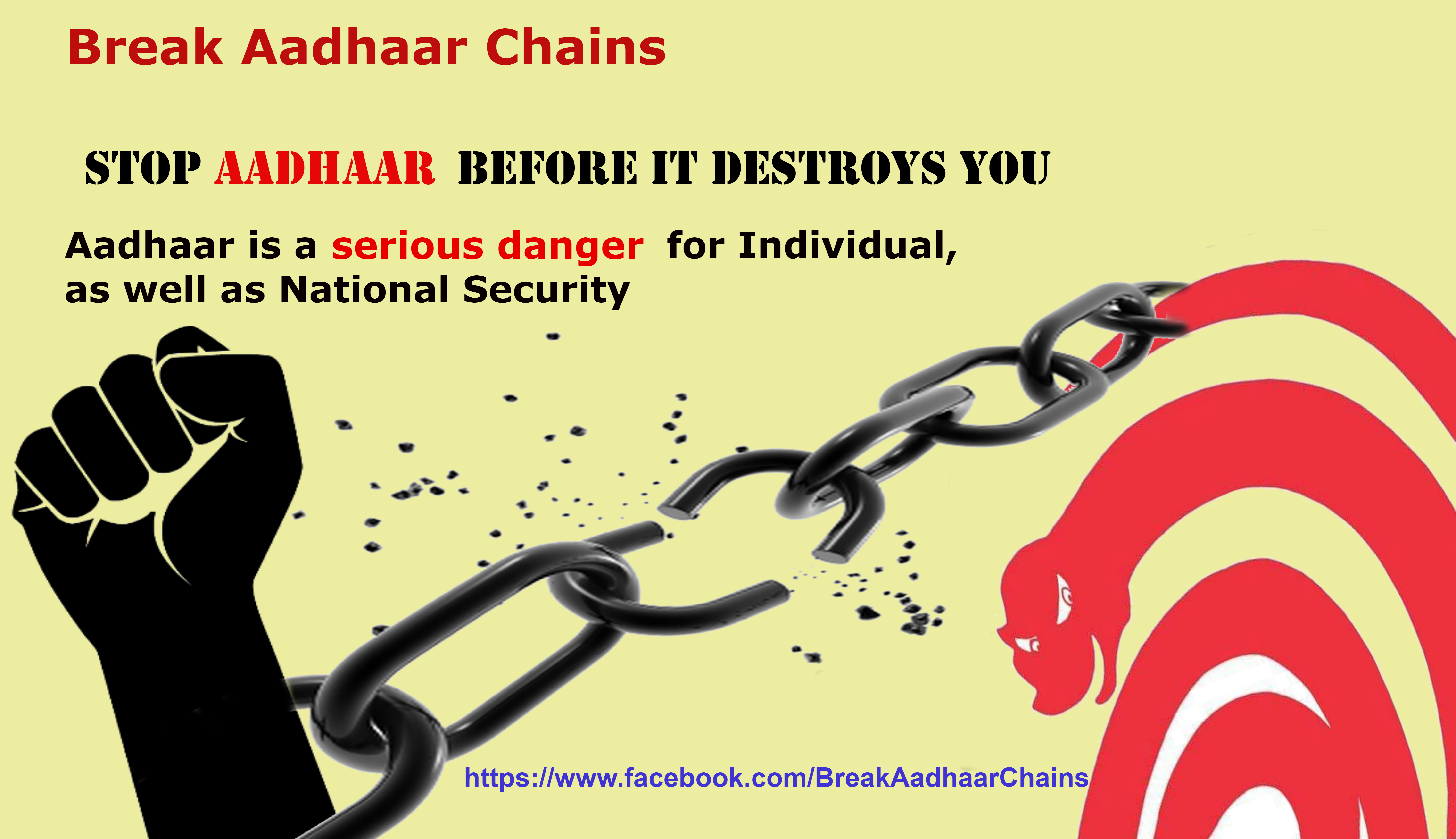
There was a bombshell of sorts during the ongoing Aadhaar hearing in the Supreme Court on Wednesday in connection with the government exhorting people to link their mobiles phones to the Aadhaar number. The government has always argued that this was being done in accordance with a Supreme Court order in the Lokniti case. Justice Dhananjay Chandrachud however, categorically stated that the Supreme Court has never issued any direction to link Aadhaar with mobile subscriber identification module (SIM) or carry out e-know your customer (e-KYC) of mobile subscribers.
Get Moneylife’s
Top Stories by Email
Top Stories by Email
In response, Mr Rakesh Dwivedi, Counsel for Unique Identification Authority of India (UIDAI) and Gujarat Government admitted that the linking of Aadhaar to mobile SIM was being done on the basis of a recommendation from the Telecom Regulatory Authority of India (TRAI) even before the order passed by the apex court in the Lokniti Foundation case (WP(C) 607/2016). This has caused a flutter on social media and among anti-Aadhaar activists since people have been constantly told that the linkage and e-KYC was based on Supreme Court orders.
Earlier on 20 January 2017, the TRAI issued a letter (http://www.trai.gov.in/sites/default/files/E_KYC_services_Rec_20_01_2017.pdf ), to Department of Telecommunications (DOT) to ask for linkage of an Aadhaar number to each mobile number.
Mr Dwivedi contended that by virtue of Section 4 of the Telegraph Act, the government has a legal basis to link Aadhaar with mobile SIM. He says, “My submission is that the Government had a legal basis to link Aadhaar with mobile SIM by virtue of Section 4 of the Telegraph Act. Also, the measure is reasonable in the interest of national security.”
While reading out the DoT notification about re-verification of mobile numbers using e-KYC process, the Senior Counsel said this was part of the license agreement and claimed that ‘Section 4 proviso of the Telegraph Act gives exclusive power to the Central government to decide license conditions’.
“Aadhaar and mobile SIM linking helps in ensuring that SIM card is given to the person who is applying for it. This is a legitimate state interest,” he contended.
The Bench comprising Chief Justice Dipak Misra, Justices AK Sikri, AM Khanwilkar, DY Chandrachud and Ashok Bhushan on Wednesday resumed hearing in the Aadhaar case.
Additional Solicitor General Tushar Mehta requested for a small submission. Contending that Rules have the backing of the Act, he said, “Authority of law phrase in Section 300A gives the power to the legislature to link Aadhaar with bank account under PMLA. The PMLA rules have the backing of the PMLA.”
“A statutory rule is akin to law under Article 300A of the Constitution. The parliament cannot every time amend the law (PMLA) for example in respect of money laundering. Therefore a wide statutory network is provided and power is given to the rule making authority,” Mr Mehta contended.
Senior Advocate V Giri wanted to appear on behalf of State of Kerala to argue on legislative competence. However, the Bench was of the view that states cannot challenge a statute from the Central Government. The Bench asked Mr Giri to submit bullet points on what he wants to argue and then it will decide if he can be allowed.
Senior Advocate Jayant Bhushan appearing for Reserve Bank of India (RBI) said that following changes in the PMLA Rules, the central bank had no option but to amend its master circular. He said RBI has issued the master circular by virtue of its power under the Banking Regulation Act and PMLA Rule 9(4) provides that Aadhaar has to be submitted to reporting entity.
Earlier during the day, Mr Dwivedi claimed that the central government has no access to UIDAI’s data as the Authority is an autonomous body and hence no surveillance is possible.
He reiterated that proof of concept studies happened with respect to Aadhaar and biometrics. “Only in the last two years, enrolment shot up from 60 crore to 100 crore after the Aadhaar Act was enacted. In the beginning when Aadhaar was a scheme, Aadhaar technology was just being tested and there were hardly any enrolments that time,” Mr Dwivedi contended.
Showing a credit card statement to the Bench, the Senior Counsel said that banks have a record of all transactions made by an individual including the place of transaction. “Nobody is questioning what banks and telecoms are collecting. The single target is Aadhaar,” he said.
Mr Dwivedi said, “It is doubtful that an RE that collects data and transfers that data without any other data has any value. Also REs do not have authentication records.”
Showing a list of entities that require one time authentication and those that require authentication every time there is a transaction, the Senior Counsel for UIDAI contended that most entities require authentication once and therefore there is no way to surveil people 24×7.
(Based on live tweets from @SFLCin)

May 1, 2018 at 4:21 pm
The ruling of SC has been violated many times. There should be some clarification on the linking of aadhar